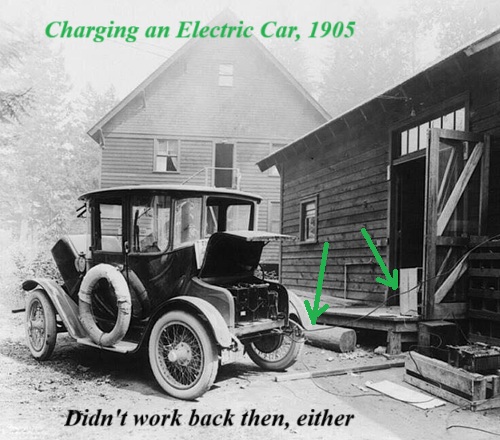From some guy in Arizona who gets the idea (of the Second Amendment):
Arizona state Rep. Quang Nguyen (R) used an X post to warn that an American citizenry devoid of guns would soon be a citizenry without freedom of speech and property rights too.
He noted that the Second Amendment “right to keep and bear arms” is the one which upholds and protects all the other freedoms enumerated in the Bill of Rights. A disarmed citizenry would put in jeopardy the ability to control one’s own property, hedged in by the Third Amendment, as well the freedom to exercise rights to privacy and security, hedged in by the Fourth Amendment.
Nguyen warned that, “A disarmed populace is more vulnerable to censorship, unlawful search and seizure, and political oppression.”
Yup, we all know that, but thankee for re-stating the point, sir.
Now here’s a graphic illustration of a non-Second Amendment society:
Never confront burglars. They could be armed. They could be high on drugs. You don’t know anything about them, except that they are in your home. And you want them out.
But don’t just lie there terrified, praying that they won’t come into your bedroom.
The law allows a householder to act in self-defense. But prowling the house is not self-defense. And keeping a weapon by your bed implies premeditated intention to commit assault.
Burglars are not looking for a fight. They just want your valuables, probably so they can sell them to get money for drugs or drink. These days, with so many young people carrying knives or machetes, it’s increasingly likely that an intruder will be armed. But even so, if you go on the attack, the law will label you as the assailant.
Well, maybe. Maybe the burglar just wants to get your stuff. On the other hand, maybe your stuff is not what he’s after; he’s after your life, your wife’s life (or body), your daughter’s life (or body) or your son’s life (or body). We can debate the point forever, but the plain fact is that the criminal’s motives are unknown to everyone except him.
We — that is, our politicians as well as the public — are aware of that fact, but it appears the British have willfully chosen to bury their heads in the sand.
And the reason that their law is more on the side of the criminal than the victim is, quite simply, because the people have been systematically disarmed by the government, so the government gets to make the decisions on behalf of the public, with the result that the nation of once-Great Britain has been turned into a nation of victims.
Thanks, but no thanks. We’ve seen what’s happened Over There, and we want no part of it.
We uncultured rubes on this side of The Pond prefer to turn criminals into victims. And we have the law on our side.










